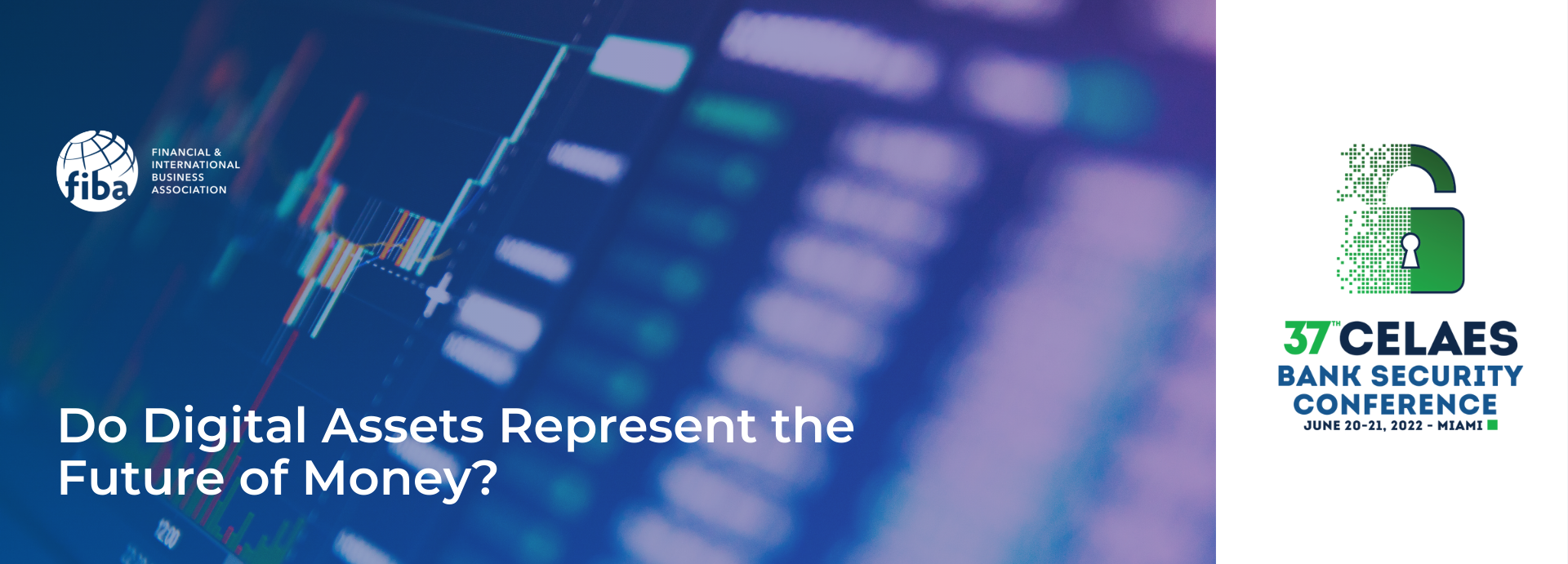No longer a fad, digital currencies have been gaining traction over the last decade, and their adoption skyrocketed throughout the pandemic. El Salvador has embraced Bitcoin as a legal tender. The US went from having a president who was “not a fan of Bitcoin” to one who issued an executive order to analyze “the future of money.”
Biden’s early March order does not establish specific positions the administration wants agencies to take, nor does it impose new regulations on the sector. Still, it directs various federal agencies to coordinate digital asset policy.
“We must support technological advances that promote responsible development and use of digital assets,” the executive order states. It also requires the Treasury Department to prepare a report on the “future of money,” including how the current financial system may not meet consumers’ needs.
Pamela A. Clegg, Vice President of Financial Investigations for CipherTrace, believes greater adoption of digital assets could help in the fight against money laundering. The blockchain analytics and cryptocurrency intelligence software provider was acquired by Mastercard, giving Pamela particular insights into use of virtual currencies. Clegg argues that traditional banking only allows for knowledge of one step of the origin of the funds, while blockchain enables you to know the entire path. “Blockchain leaves a trail,” Clegg says.
She also explained that contrary to popular belief, digital currencies go a step further than the travel rule. The travel rule requires all financial institutions to pass certain information to the next financial institution during some financial transactions.
Clegg works with government agencies, law enforcement officials, regulators, law firms, and financial institutions worldwide to conduct cryptocurrency financial investigations and to train and educate officials and employees to understand and investigate financial crimes, money laundering, and other criminal activity within the cryptocurrency ecosystem.
“With the travel rule, bank A would know some assets came from Bank B, but have no insights on where they were prior. Blockchain records each step of an asset’s transactions,” Clegg explains.
She also mentions that while virtual wallets might not have a readily available first and last name, they do have a unique address that allows for identification. “Furthermore, since 2018, OFAC added wallet addresses to their sanctions list. There are currently over 200 addresses from different cryptocurrencies,” Clegg went on to say.
For her, there are many benefits involved in using digital assets, especially when it comes to international transactions. She points to stablecoins, cryptocurrencies pegged to a traditional fiat such as the US dollar, the Euro, the Swiss Franc, etc. They are a viable option for efficient and low-cost transactions with a favorable exchange rate.
Do not miss the chance to hear from Pamela Clegg at the 37th Latin American Bank Security Conference – CELAES 2022 on June 20 and 21, 2022 in Miami.
